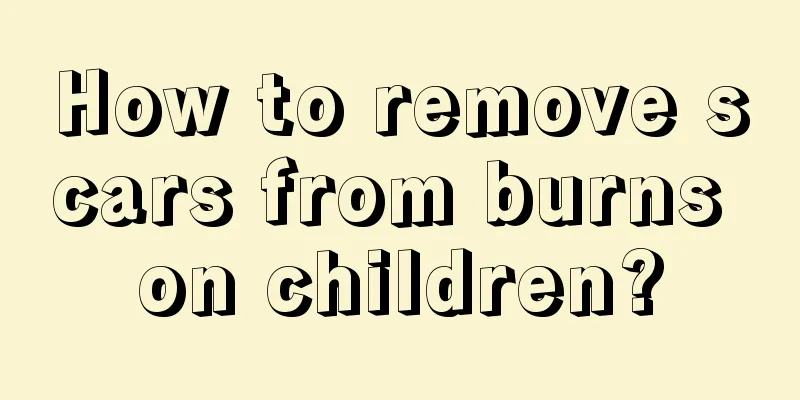How to change milk powder for newborns

|
It is not recommended to change milk powder for newborns. This is mainly because the gastrointestinal tract of a newborn is very delicate, and the ingredients of different milk powders are different. It is precisely because of these subtle differences that the child's gastrointestinal tract will not adapt, and changing milk powder may cause indigestion in the child, or cause constipation and diarrhea in the child. You can consider changing milk powder only when the child is half a year old. Here are some methods to change milk powder. Generally speaking, it is best not to change your baby's milk powder easily. If you must change it, you need to be cautious. In the early stage of milk switching, it is best to mix the original milk powder and the new milk powder for the baby to eat. This applies whether it is interchange between different brands or interchange between milk powders at different stages. You can add one spoonful of new milk powder and subtract one spoonful of old milk powder, and observe for about 3 days to see if the baby has any abnormalities. When mixing old and new milk powder for your baby, be sure to replace them spoonful by spoonful, with each spoonful replaced for 1-3 days (it should also be determined according to the baby's gastrointestinal condition). You can also divide the amount of milk powder your baby consumes in a day into three equal parts, and replace 1/3 of the old product with 1/3 of the new product, and persist for about 3 days. After the baby's gastrointestinal tract has adapted, use 2/3 of the new milk powder, and so on, and finally replace it completely with the new product. Note that you need to proceed gradually; the whole process may take 1-2 weeks. If your baby has a sensitive stomach, you can take some digestive aids. Giving milk powder to babies should be done when the babies are in good health. When changing your child's milk powder, don't change it suddenly. You can buy a small packet of milk powder and let your child eat it. If the child has no gastrointestinal discomfort after eating it, it means that the child is more adapted to the new milk powder and you can change the milk powder with confidence. If your child has gastrointestinal problems after eating this type of milk powder, it is best not to change it. |
<<: What to do if a newborn has diarrhea after changing milk powder
>>: What to do if your child's hair doesn't grow long
Recommend
Can young children do moxibustion?
In our lives, most people have heard of moxibusti...
How to remove scars on baby's face
Generally speaking, every baby, especially a newb...
Why is the child always crying?
Many people think that coaxing a child is a commo...
How to treat nephrotic syndrome in children?
There are still many hidden health risks for chil...
What are the treatments for neonatal rickets?
Neonatal rickets is mostly caused by a lack of vi...
Children's nasal discharge yellow and sticky
The biggest reason for children's yellow and ...
Blood in the stool in children
With the continuous development of modernization,...
What is the cause of the 9-year-old child's knee pain?
Knee pain is a common disease that many people ha...
Treatment of wind-heat cold in children
Wind-heat colds in children are very common in ou...
Why does my baby vomit in the middle of the night?
Parents with children at home will always be worr...
What is the reason for dry heaving in a one-month-old baby?
Dry retching in babies has always been a common p...
What are the causes of catarrhal otitis media?
Generally speaking, catarrhal otitis media is sec...
What to do if your baby has large pores on his face
The enlarged pores on the baby's face are mos...
What to do if a newborn baby has wide nose
After a newborn is born, it is a normal physiolog...
Can a two-year-old baby eat cereal? Pay attention to nutritional balance
When a child reaches the age of two, he or she al...









